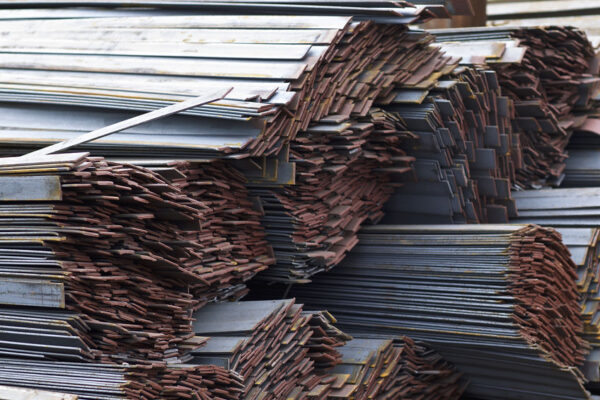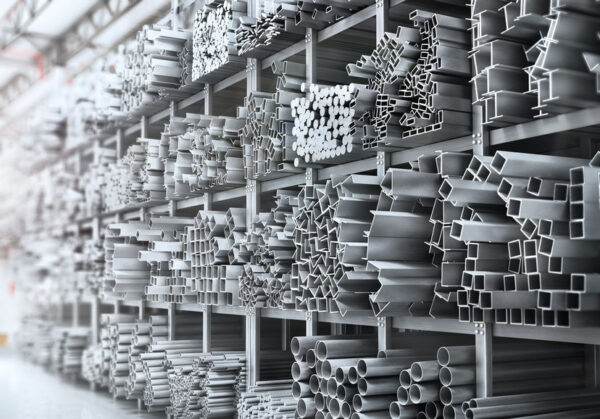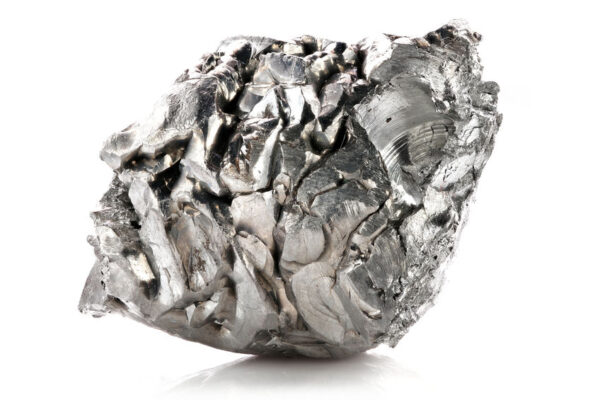
Okay, so you’ve heard some things about industrial metals. But what things are true and what things are false/myths? Costs Are metals more costly to manufacture than other materials? Not these days. Thanks to today’s manufacturing technology, metal manufacturing is more affordable thanks to things like automation and advances in tooling machinery. Are the lightest… Read more »














